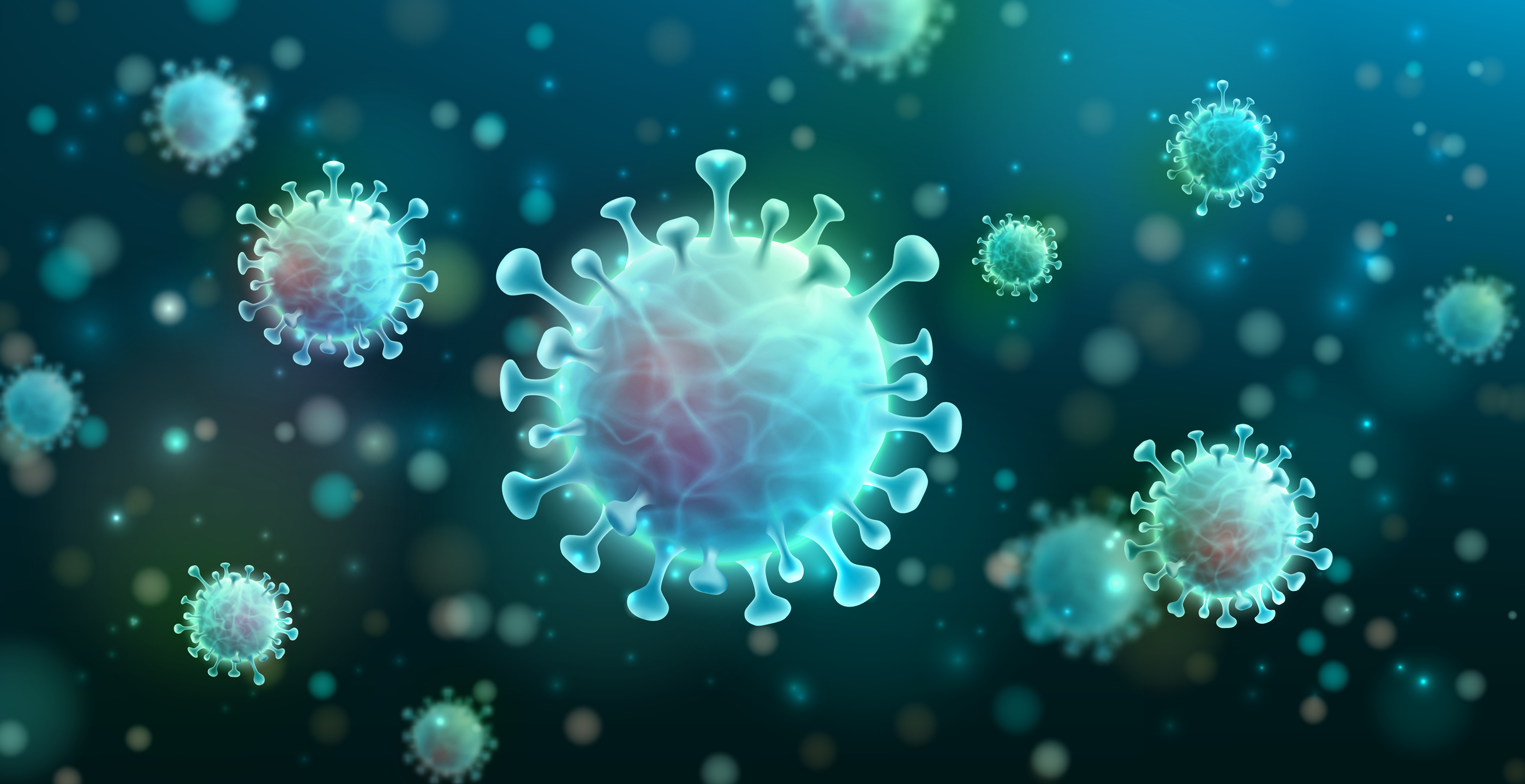Is Ómicron more contagious than delta?
2:06
(CNN Spanish) -
The omicron variant of the coronavirus has sparked concerns from world health authorities after being discovered in South Africa and being labeled a "variant of concern" by the World Health Organization.
Although it is still too early to know in depth answers to key questions about this variant (if it is more contagious, if it is resistant to vaccines, if it is more deadly), the number and types of mutations that omicron brings with it may clues to how worrisome is this variant.
This is what we know.
What can we do against the omicron variant?
These are the effective prevention measures
What do we know about omicron and the efficacy of vaccines?
2:16
The omicron variant
Omicron, the most recent variant of the coronavirus, is also the fastest to be labeled a "variant of concern" by the World Health Organization due to its seemingly rapid spread in South Africa and its many concerning mutations.
Their emergence has already led to travel restrictions, high-level government meetings, and promises from vaccine manufacturers to start working on strain-specific vaccines just in case.
advertising
But it has a long way to go to replace Delta, the variant that dominates the world.
And the long list of variants that initially scared the world before falling off the map may be a reminder that viruses are unpredictable.
What can happen to omicron, the new variant of the new coronavirus?
Mutations of the omicron variant
Genetic sequencing showed that it carried a large number of worrisome mutations in the spike protein, the button-like structure on the surface of the virus that it uses to attack the cells it infects.
Some of those mutations have already been recognized from other variants and were known to make them more dangerous, including one called E484K that can make the virus less recognizable to some antibodies - immune system proteins that are a first-line defense against infection and that form the basis of monoclonal antibody treatments.
It also carries a mutation called N501Y, which gave both the alpha and gamma variants their highest transmissibility.
Last week, Scott Weaver of the University of Texas Medical Branch and his colleagues reported in the journal Nature that this particular mutation caused the virus to replicate better in the upper respiratory tract (think nose and throat) and it probably makes it more likely to spread when people breathe, sneeze, and cough.
Like delta, the omicron variant also carries a mutation called D614G, which appears to help the virus adhere better to the cells it infects.
"The number of mutations per se does not mean that the new variant will cause problems; although it may make the immune system more likely to see it differently," Dr. Peter English, former chair of the Association's Committee on Medicine, said in a statement. British Medical Association Public Health Physician.
Ómicron: first measurements by the new variant of covid-19 3:14
Why is the mutation in the spike protein important?
The fact that there is concern about so many mutations that affect the spike protein is because the goal of the main vaccines is precisely that.
Vaccines made by Pfizer / BioNTech, Moderna, Johnson & Johnson, AstraZeneca, and other companies use only small parts or genetic sequences of the virus and not the entire virus, and they all use parts of the spike protein to elicit immunity.
Therefore, a change in the spike protein that makes it less recognizable to immune system proteins and cells stimulated by a vaccine would be a problem.
So far, there is no evidence that this has happened, but there is no way to tell by looking only at mutations.
Researchers will have to wait and see if the omicron variant causes more infections in vaccinated than other variants.
The other fear is that the mutations may help make the virus less susceptible to monoclonal antibody treatments.
However, the WHO says these mutations are unlikely to affect other COVID-19 treatments, including antiviral drugs in development and the steroid dexamethasone.
WHO: The overall risk related to the omicron variant is assessed as "very high"
- With information from Maggie Fox, David McKenzie, Ghazi Balkiz, Ivana Kottasová and Laura Smith-Spark of CNN.
coronavirus variant

